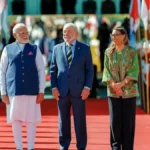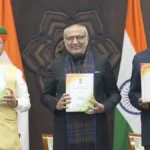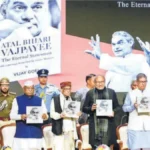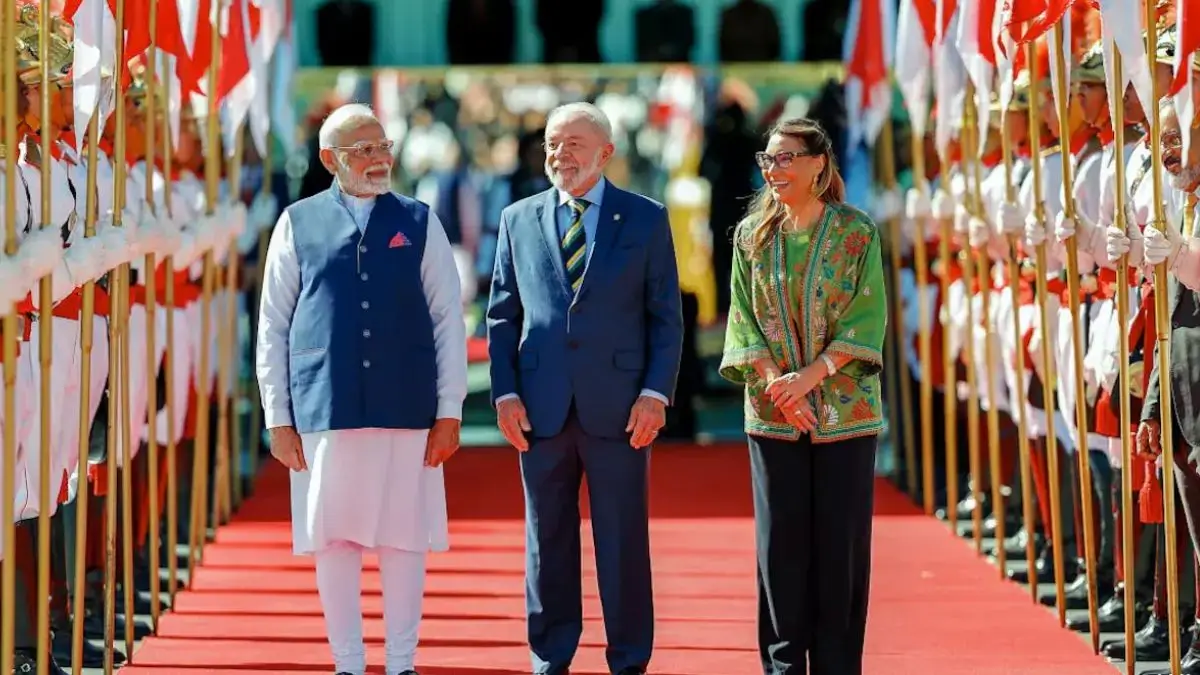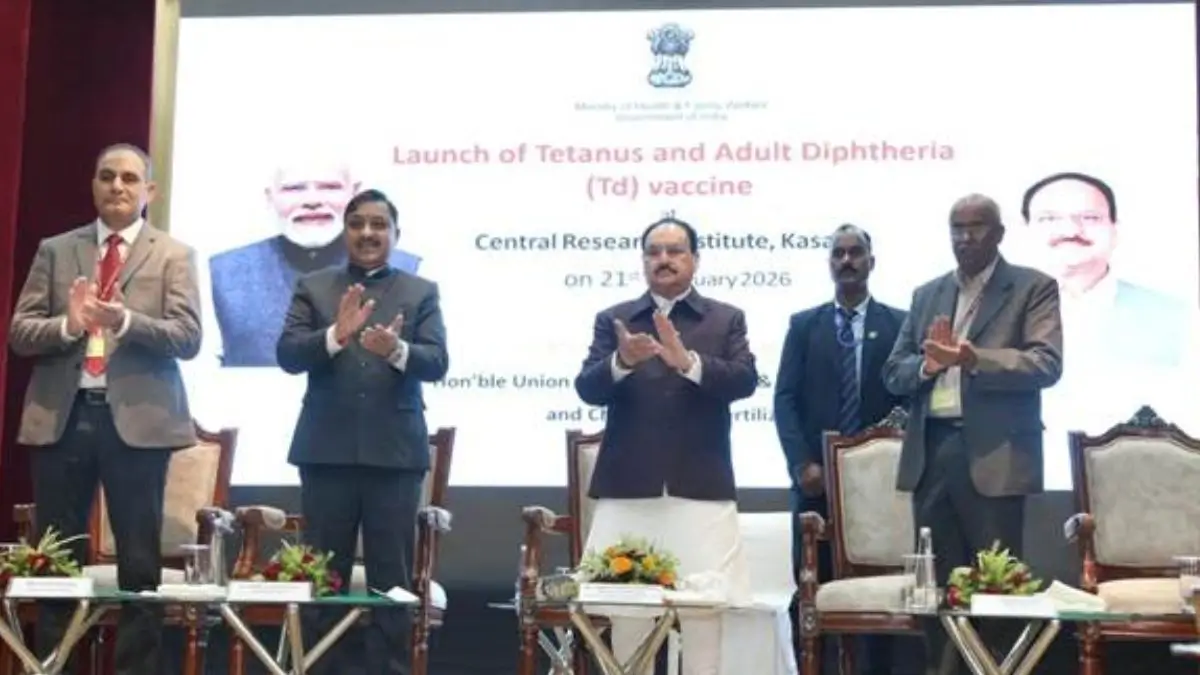Subhas Chandra Bose Jayanti – Biography, Death, and History
Introduction to Subhas Chandra Bose Jayanti
Subhas Chandra Bose Jayanti is observed every year on January 23 to honor the life and contributions of one of India’s most prominent freedom fighters. His efforts towards India’s independence and his role in shaping the country’s history make this day significant. Known for his courage, determination, and leadership, Bose’s legacy remains a source of inspiration for millions of Indians.
Subhas Chandra Bose: A Revolutionary Leader
Subhas Chandra Bose was born on January 23, 1897, in Cuttack, Odisha. He was a visionary leader who played a key role in India’s struggle for independence against British rule. Unlike other leaders of the Indian National Congress, Bose was inclined towards a more radical and militant approach to securing independence. He formed the Azad Hind Fauj (Indian National Army) to fight against the British, with the help of the Japanese during World War II.
The Role of Subhas Chandra Bose in India’s Independence
Bose believed that the British could only be defeated through direct military confrontation. After multiple attempts to gain independence through political channels, he sought the support of international powers like Germany and Japan. His famous slogan, “Give me blood, and I will give you freedom,” resonated deeply with the Indian populace and instilled a sense of nationalism.
Bose’s Mysterious Death
Subhas Chandra Bose’s death remains one of the most debated topics in Indian history. Officially, it is believed that he died on August 18, 1945, in a plane crash in Taiwan. However, numerous conspiracy theories have emerged suggesting that Bose survived the crash and lived in exile in a foreign country. Despite these speculations, the exact circumstances of his death are still unclear, adding an air of mystery to his legacy.
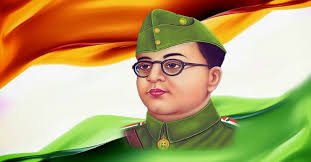
Why This News Is Important
Subhas Chandra Bose’s Impact on Indian Politics
Subhas Chandra Bose’s contributions to India’s independence cannot be understated. While figures like Mahatma Gandhi and Jawaharlal Nehru are often celebrated for their non-violent movements, Bose’s approach was driven by militant nationalism. His leadership in the Indian National Army (INA) is a testament to his vision of a free India, willing to fight against imperial forces.
Inspiration for Future Generations
Bose’s Jayanti serves as a reminder of the sacrifices made by revolutionaries during the struggle for independence. His efforts motivate students and young people, especially those preparing for government exams, to strive for excellence and perseverance. The spirit of courage and independence that he embodied remains relevant for modern-day India.
Lessons from Subhas Chandra Bose’s Leadership
Bose’s leadership qualities were exceptional. He exhibited a profound sense of determination, courage, and vision. Students preparing for exams, particularly those in civil services, can take inspiration from his resilience and ability to navigate difficult challenges. His story also emphasizes the importance of strategic thinking and the power of taking decisive actions in moments of crisis.
Historical Context
The Struggle for India’s Independence
The struggle for India’s independence was a prolonged and challenging battle that involved various leaders and movements. While leaders like Gandhi focused on non-violence, others, including Subhas Chandra Bose, emphasized the need for a more aggressive approach. During World War II, Bose’s efforts to form an alliance with Germany and Japan were strategic moves to weaken British imperial forces.
Formation of the Azad Hind Fauj
The Indian National Army (INA), also known as the Azad Hind Fauj, was formed by Bose in 1942 with the objective of fighting British forces. His determination to raise an army from Indian prisoners of war in Southeast Asia proved that his vision for an independent India transcended traditional political boundaries. The INA remains an important symbol of resistance and resilience in India’s freedom struggle.
Bose’s Mysterious Disappearance
Subhas Chandra Bose’s disappearance after 1945 remains a subject of debate. While the government reports indicate that he died in a plane crash, some historians and conspiracy theorists argue that he survived the crash and spent years in hiding. This mystery continues to intrigue researchers and students of Indian history, adding an element of enigma to his remarkable life.
Key Takeaways from Subhas Chandra Bose Jayanti
| S.No. | Key Takeaway |
|---|---|
| 1 | Subhas Chandra Bose was born on January 23, 1897, in Cuttack, Odisha. |
| 2 | He led the Indian National Army (INA) during India’s struggle for independence. |
| 3 | Bose’s slogan “Give me blood, and I will give you freedom” inspired many. |
| 4 | His mysterious death in a plane crash in 1945 remains a subject of controversy. |
| 5 | Subhas Chandra Bose’s radical approach to independence contrasted with Gandhi’s non-violent movement. |
Important FAQs for Students from this News
Who was Subhas Chandra Bose?
Subhas Chandra Bose was an Indian revolutionary leader who played a major role in India’s independence movement. He was the founder of the Indian National Army (INA) and advocated for a more militant approach to ending British colonial rule.
Why is Subhas Chandra Bose Jayanti celebrated?
Subhas Chandra Bose Jayanti is celebrated on January 23 every year to honor his birthday and remember his contributions to India’s freedom struggle. It serves as a reminder of his vision and leadership in the fight against British rule.
What was Subhas Chandra Bose’s slogan?
Subhas Chandra Bose’s famous slogan was “Give me blood, and I will give you freedom.” This slogan inspired countless Indians to join the struggle for independence with determination and courage.
What was the Indian National Army (INA)?
The Indian National Army, also known as the Azad Hind Fauj, was formed by Subhas Chandra Bose to fight against British rule during World War II. It was made up of Indian soldiers, many of whom were captured by the Japanese in Southeast Asia.
How did Subhas Chandra Bose die?
Officially, Subhas Chandra Bose died in a plane crash in Taiwan on August 18, 1945. However, there are various conspiracy theories that suggest he survived the crash and lived in exile for several years.
Some Important Current Affairs Links



